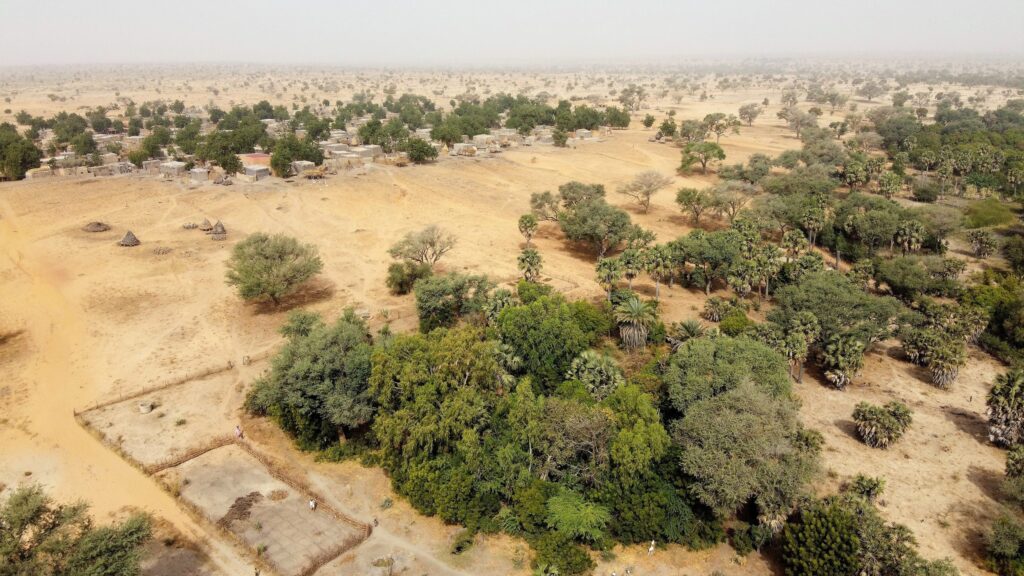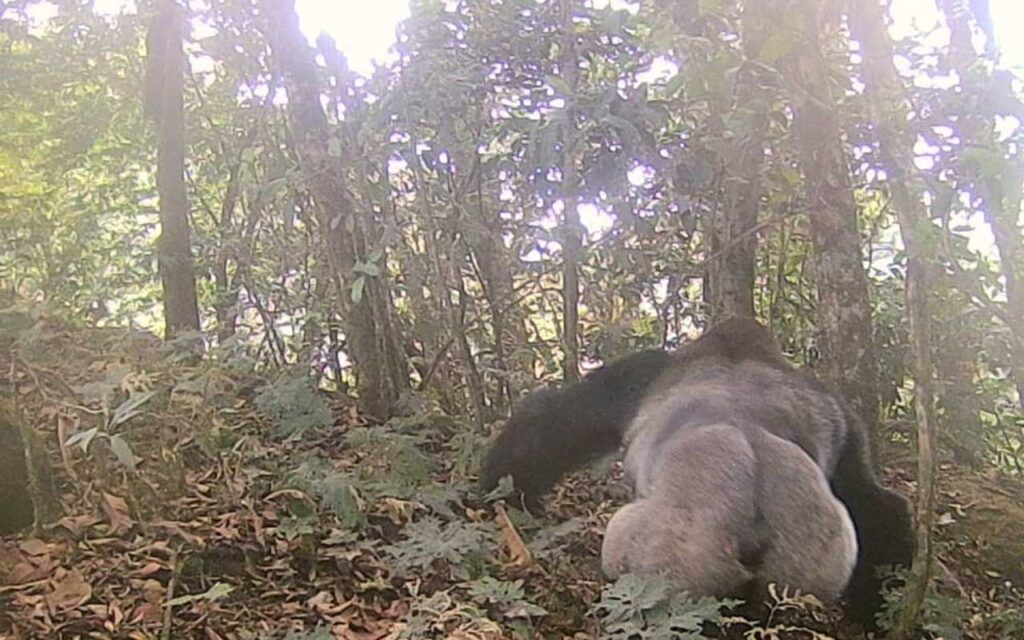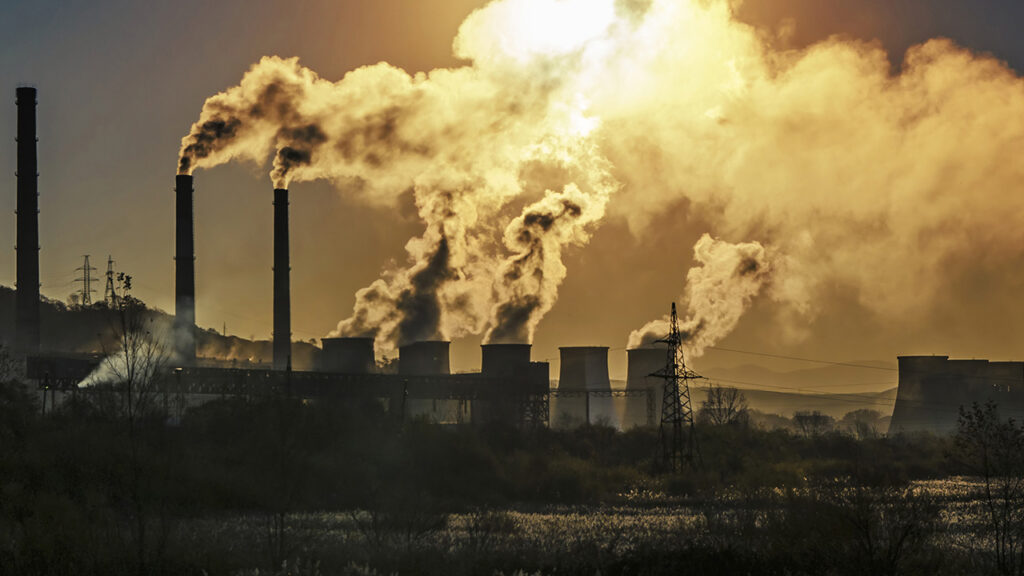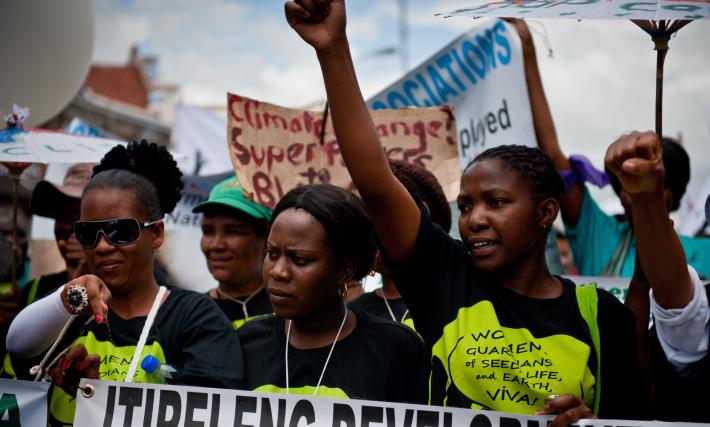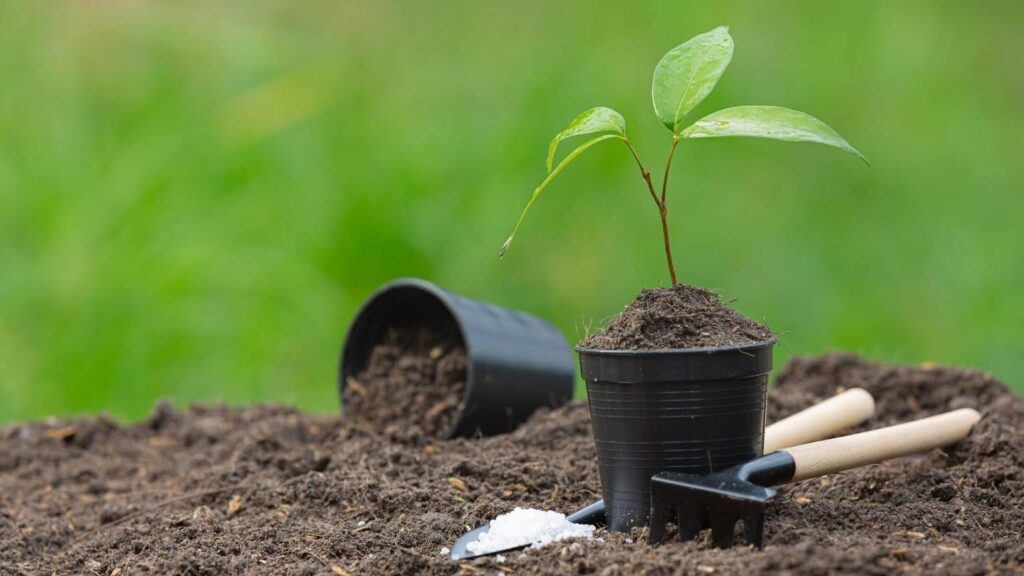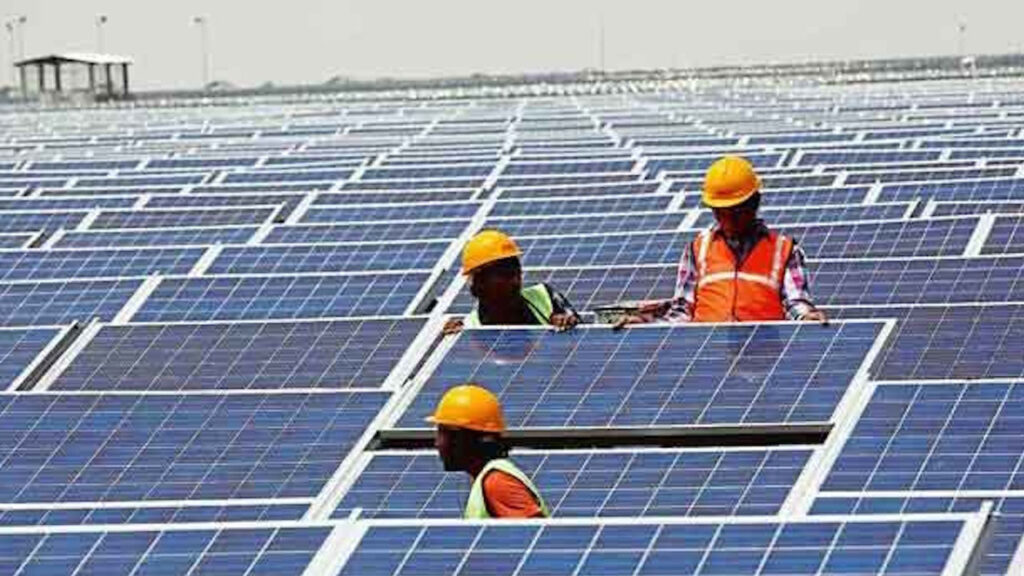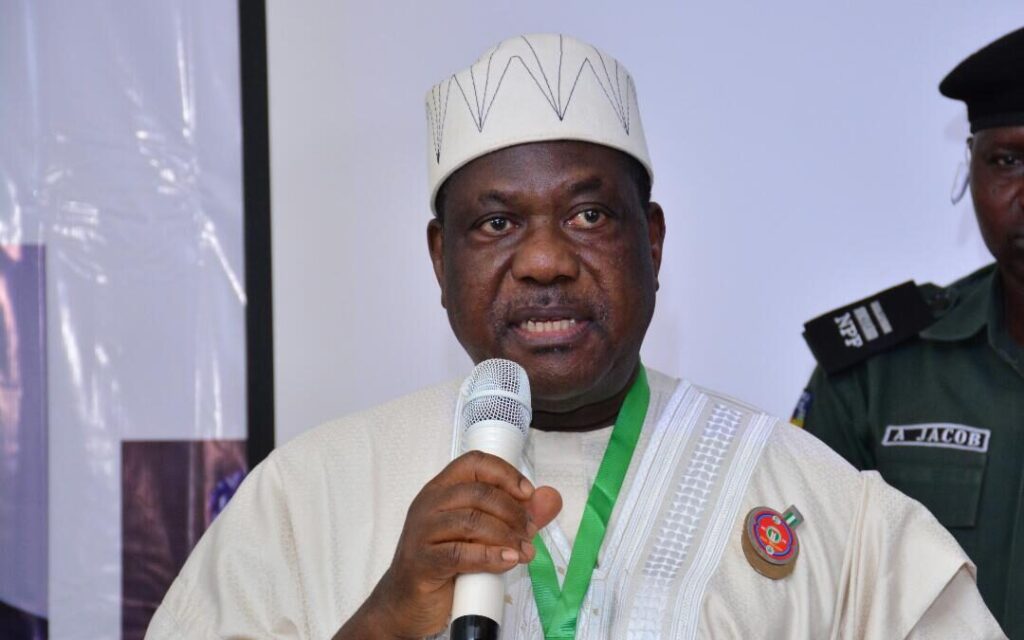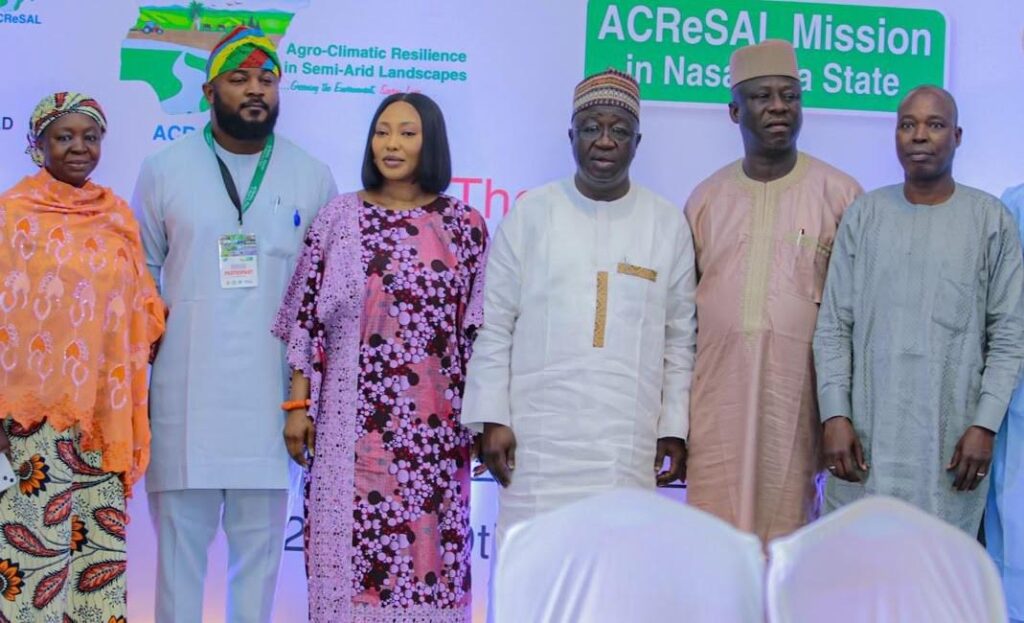The Global Environment Facility’s governing body has approved about $736 million for nature protection and renewal projects, including support for the Great Green Wall (GGW) and investment in large-scale initiatives for sustainable cities, cleaner industries, land health, and greater climate change resilience.
The top beneficiaries include Nigeria and other 11 countries from across the continent under GGW project. The programme, launched in GEF-6, covers 12 countries across the drylands of Sub-Saharan Africa, of which six (Burkina Faso, Ghana, Niger, Nigeria, Senegal, and Ethiopia) are in the Sahel and West Africa Region.
The programme takes an integrated and holistic approach focusing on three key priorities: engaging stakeholders in promoting collective action and coherent policies; intensifying, diversifying, and adapting practices for a large-scale transformation of agro-ecosystems; and evaluating the impact in terms of sustainability and resilience to improve decision making in the agricultural sector and their consequences in terms of food security.
The GGW countries have made considerable progress in mobilising and engaging diverse communities and partners to support their collective effort in the Sahel, such as the Global Environment Facility (GEF), the World Bank Group, the European Union, and the Food and Agricultural Organization (FAO). Building on the success thus far will require even greater collaboration and effective coordination by all partners.
The GEF’s Integrated Approach Programme on Fostering Sustainability and Resilience for Food Security in Sub-Saharan Africa (FS-IAP) is a multi-agency programme that promotes sustainability and resilience through management of the natural resources—land, water, soils, trees and genetic resources—that underpin food and nutrition security in the region.
In Nigeria, the GGW initiative focused on the following states – Adamawa, Bauchi, Borno, Gombe, Jigawa, Kano, Katsina, Kebbi, Sokoto, Yobe and Zamfara, which are affected by desertification (and by implication affecting the livelihood of over 50 million people). These areas constitute about 35 per cent of Nigeria’s total land area.
Nigeria has also developed a five-year strategic plan that will engender coordinated efforts at advancing the objectives of the GGW initiative. Part of the plan is through awareness creation by sensitising youths, men, and women, and strategic partnership between government, communities, and development agencies.
The National Strategic Action Plan, which Nigeria has drawn up and is implementing, is a key plank of the Implementation Strategy of the GGWSSI. This National Strategic Action Plan must of course be “aligned to [the] Harmonised Regional Strategy, provisions of the GGW Convention, the National Plans to combat Desertification and the national priorities of the countries involved.”
The funding from the GEF Trust Fund, Least Developed Countries Fund (LDCF), and Global Biodiversity Framework Fund (GBFF), which together is part of the GEF family of funds, reflects a commitment to quickly and efficiently deploy grants to developing countries whose action on environmental challenges is key to meeting global goals for biodiversity, climate change, and pollution this decade.
Focusing on climate change adaption, Council members approved a record $203 million from the LDCF for initiatives across 20 Least Developed Countries, including joint financing with the GEF Trust Fund for the GGW. The LDCF support will propel efforts to enhance resilience to flooding and drought in Laos and Cambodia; to develop climate-resilient transport infrastructure in Sao Tome and Principe; to support youth- and women-led green enterprises in Chad; to improve food security in Sierra Leone; and to address other urgent needs.
The GBFF Council approved the new fund’s first work programme, allocating $37.8 million for protected area management in Brazil and Mexico. This came less than one year after the fund supporting the implementation of the Global Biodiversity Framework was launched at the seventh GEF Assembly in Vancouver, Canada. The three GBFF-funded projects are set to improve the sustainability of more than 30 million hectares of protected areas on land and at sea, with long-term financing and support for Indigenous-led conservation.
GEF’s CEO and Chairperson, Carlos Manuel Rodríguez, said the large, diverse package of support reflected countries’ endorsement of the GEF family of funds’ unique ability to link challenges and address them holistically, through integrated programmes and thematic programming.
“We need maximum ambition, maximum acceleration, maximum cooperation,” Rodríguez said. “The only way we can combat the complex environmental threats before us is through a unified, integrated, and harmonized approach. At a moment where we hear calls for multiple additional financial mechanisms, I strongly believe that we need to come together, not further divide ourselves.”

